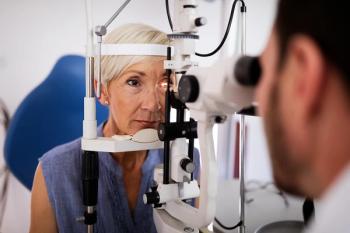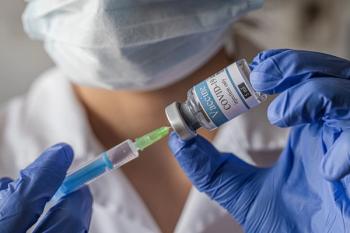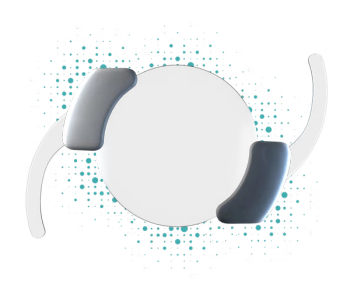
Iolyx Therapeutics releases phase 2 results for ILYX-002 in autoimmune-associated dry eye disease
According to the company, results showed “a meaningful clinical improvement in ocular surface health” and significance for both staining end points at day 15.
Iolyx Therapeutics announced top-line data from its phase 2 trial of ILYX-002 for the treatment of moderate-to-severe
The trial is a randomized, double-masked, and vehicle-controlled study conducted at multiple sites across Australia. After a 14-day vehicle run-in period, 105 participants were randomly assigned to receive either ILYX-002 or vehicle control, administered twice daily for 8 weeks, followed by a 2-week safety follow-up.
The trial's primary end point was total conjunctival staining, and the secondary end point was total corneal staining. According to the company, results showed “a meaningful clinical improvement in ocular surface health” and significance for both staining end points at day 15. The company noted that the data highlighted a rapid onset of action and durable effects through day 57 when compared with a vehicle control.
Mark Hinds, BSc Optom, founder of Ophthalmic Trials Australia and principal investigator for the ILYX-002-201 trial, commented on the results in a press release.
“In this phase 2 study, I observed clinically meaningful, statistically significant improvements on the ocular surface—and what’s remarkable is how fast the effect appeared. A treatment difference of this magnitude in just 2 weeks is something we normally see only with topical steroids, yet we recorded zero discontinuations for tolerability and no IOP concerns. Better still, the benefit was sustained through week 8, confirming a durable response for patients who have had very few safe options.”
Results showed a –1.41-point LS-mean advantage vs vehicle control in total corneal fluorescein staining as early as day 15 (P = .0015), increasing to
–1.78 points at day 57 (P = .0021). This was a 36% to 44 % improvement from baseline in the active arm vs 15% to 17% with vehicle control.
The conjunctival end point, measured by lissamine green conjunctival staining, showed statistical significance at day 15 with a –1.10-point LS-mean difference
(P = .0425). At day 57, ILYX-002 maintained a –0.97-point separation (P = .0807).
The company noted that treatment-emergent adverse events were “mostly mild to moderate,” with no treatment-related serious adverse events and no discontinuations related to product instillation.
Planning for a phase 3 clinical trial, similar to the phase 2 ILYX-002-201, is ongoing, and the trial is slated to begin in late 2025.
Reference
Iolyx Therapeutics announces phase 2 results for ILYX-002 in autoimmune dry eye disease. News release. Iolyx Therapeutics. May 27, 2025. Accessed May 27, 2025.
https://www.globenewswire.com/news-release/2025/05/27/3088611/0/en/Iolyx-Therapeutics-Announces-Phase-2-Results-for-ILYX-002-in-Autoimmune-Dry-Eye-Disease.html
Newsletter
Want more insights like this? Subscribe to Optometry Times and get clinical pearls and practice tips delivered straight to your inbox.




























